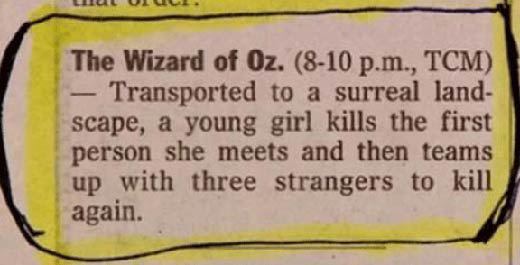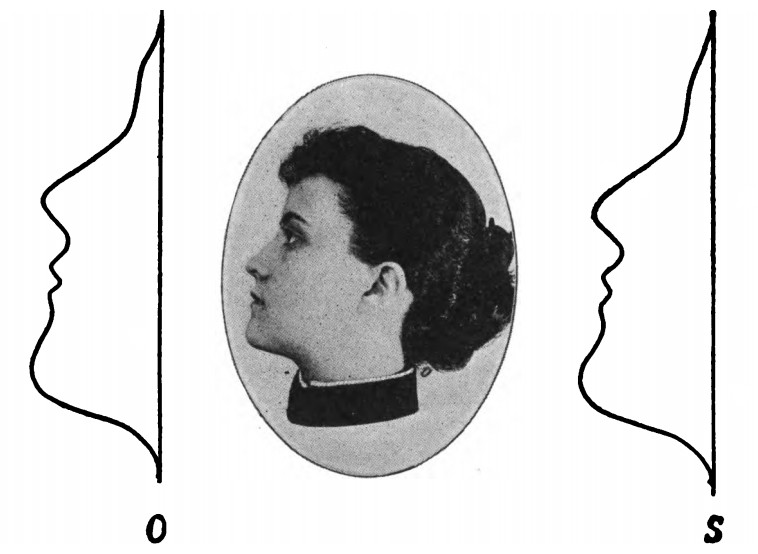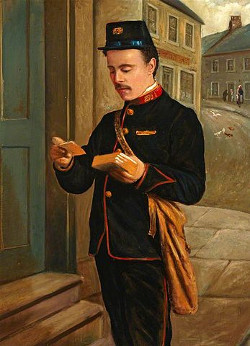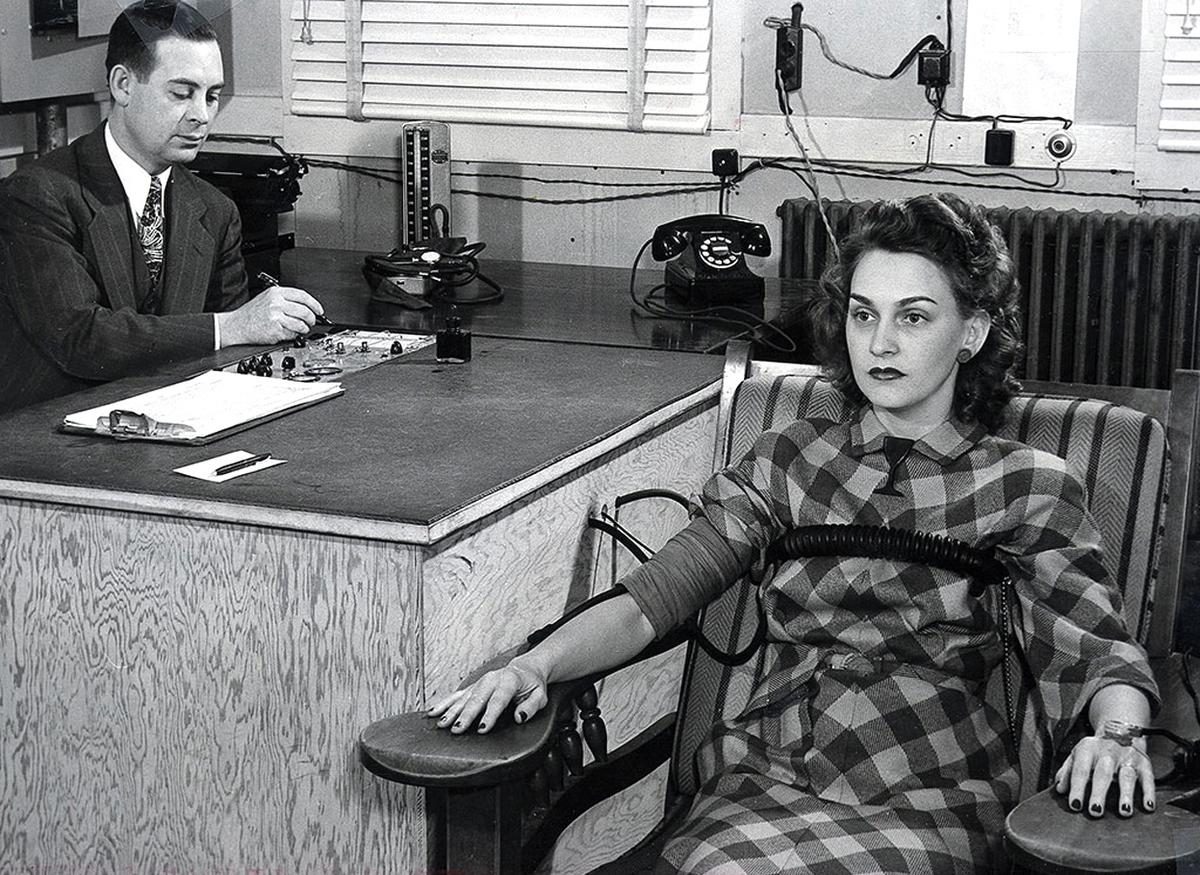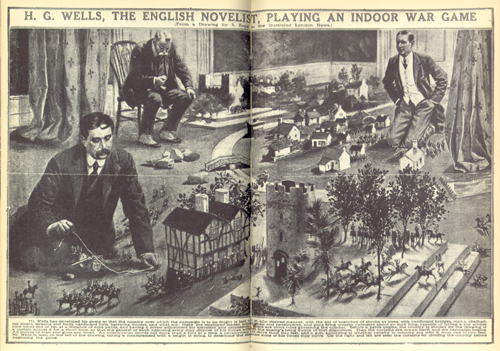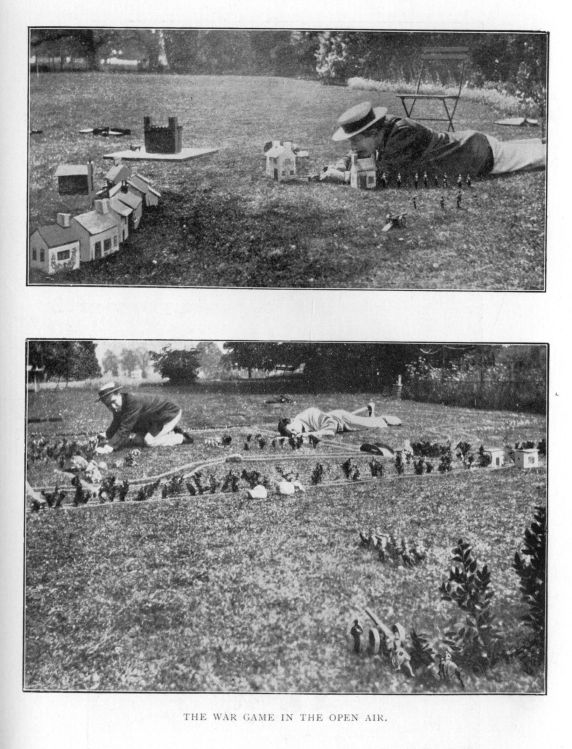
The historian Socrates tells us that the Emperor Tiberius, who was much given to astrology, used to put the masters of that art, whom he thought of consulting, to a severe test. He took them to the top of his house, and if he saw any reason to suspect their skill, threw them down the steep. Thither he took Thrasyllus, and after a long consultation with him, the emperor suddenly asked whether the astrologer had examined his own fate, and what was portended for him in the immediate future. Now the difficulty is this: If Thrasyllus says that nothing important is about to befall him, he will prove his lack of skill and lose his life besides. If, on the other hand, he says that he is soon to die, either the emperor will set him free, in which case the prophecy was false and he ought to have destroyed him; or Tiberius will destroy him, while he ought to have spared him as a true revealer of the future. Of course the solution is easy. Thrasyllus, after some observations and calculations, began to quake and tremble greatly, and said some great calamity seemed to be impending over him, whereupon the emperor embraced him and made him his chief astrologer.
— The Ladies’ Repository, July 1873

